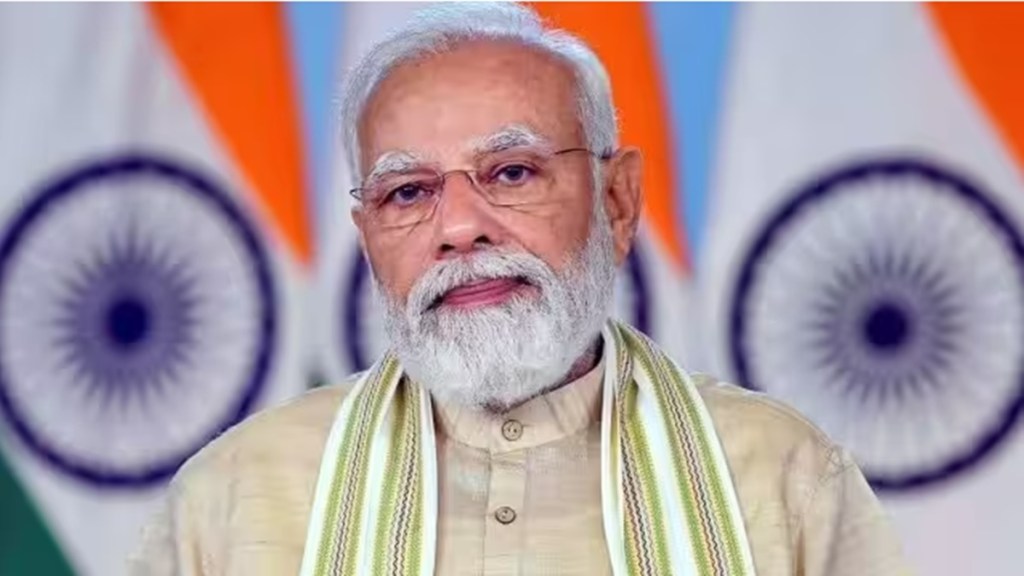Prime Minister Narendra Modi’s upcoming participation in the ASEAN-India Summit in Indonesia promises to be a pivotal moment in search for impartial trade and multifaceted cooperation. With a focus on recalibrating the ASEAN-India Trade In Goods Agreement (AITIGA), the aim of PM Modi’s visit is to forge a more balanced trade relationship with the ASEAN nations.
Over the years, India has consistently advocated for a comprehensive review of the AITIGA. Recent progress saw both sides agree to embark on this review journey, with a shared commitment to wrap it up by 2025. However, the success of this endeavour centers on its substantive nature.
The ASEAN bloc, comprising ten member nations, has experienced significant growth in trade with India since the inception of AITIGA. In 2010-11, India boasted a trade deficit of approximately US$5 billion with ASEAN countries. Fast forward to 2022-23, and this deficit has ballooned to US$43.57 billion. While India’s exports to the ASEAN nations reached US$44 billion during this period, imports from the bloc surged to US$87.57 billion.
It is evident that ASEAN nations have made the most of India’s market access facilitated by duty reductions under the trade agreement. Yet, Indian exporters have not enjoyed a comparable level of success. The problem here lies in the non-tariff barriers (NTBs) imposed by ASEAN countries, particularly in sectors like agriculture and automobiles. For any substantial change, these NTBs must be dismantled to level the playing field.
In 2022-23, India’s trade with ASEAN represented 11.3% of its global trade. The ASEAN-India Summit assumes greater significance as it marks the first such gathering since India and ASEAN elevated their relationship to a Comprehensive Strategic Partnership in 2022. This elevation underscores the deepening of ties between the two, heralding a new era of multifaceted collaboration.
Prime Minister Modi’s Agenda
The Prime Minister’s agenda is broad, extending beyond trade. Key areas of cooperation include resilient supply chains, food security, energy security, healthcare, and financial stability. These priorities were identified at the ASEAN-India Economic Ministers’ meeting, reinforcing the shared vision. It is anticipated that ASEAN leaders will formally endorse these priorities at the Summit.
Furthermore, discussions during the Economic Ministers’ meeting encompassed a wide array of regional and global challenges. These challenges ranged from the complex consequences of the ongoing COVID-19 pandemic and the urgent need to address climate change to the heightened volatility in global financial markets, inflationary pressures, and geopolitical tensions.
As Prime Minister Modi takes the stage at the ASEAN-India Summit, it is a moment of significance for the entire Indo-ASEAN relationship, poised to usher in an era of shared prosperity and stability, where barriers give way to opportunities.

